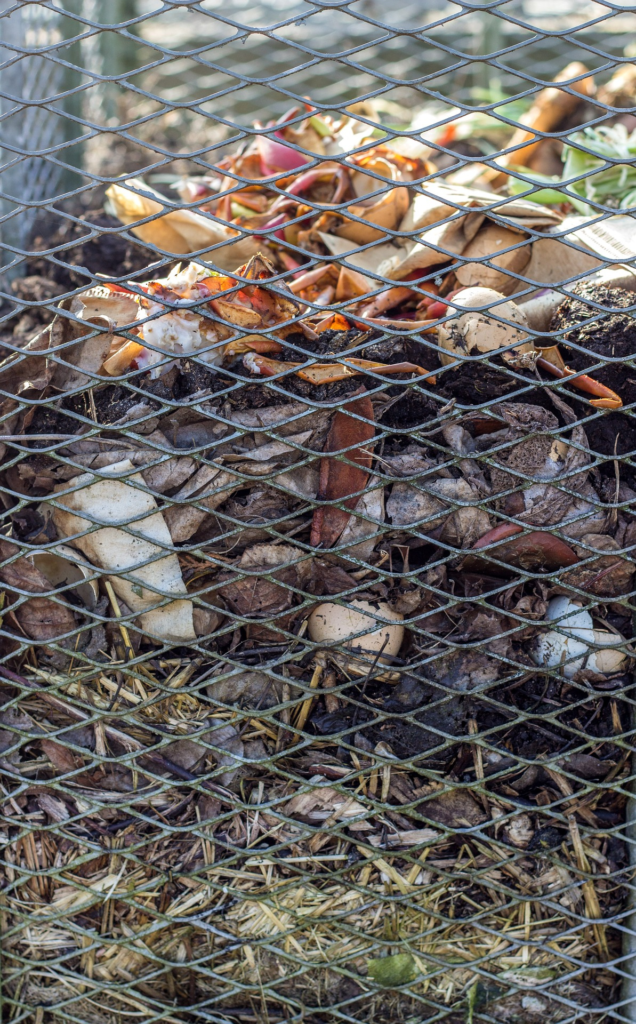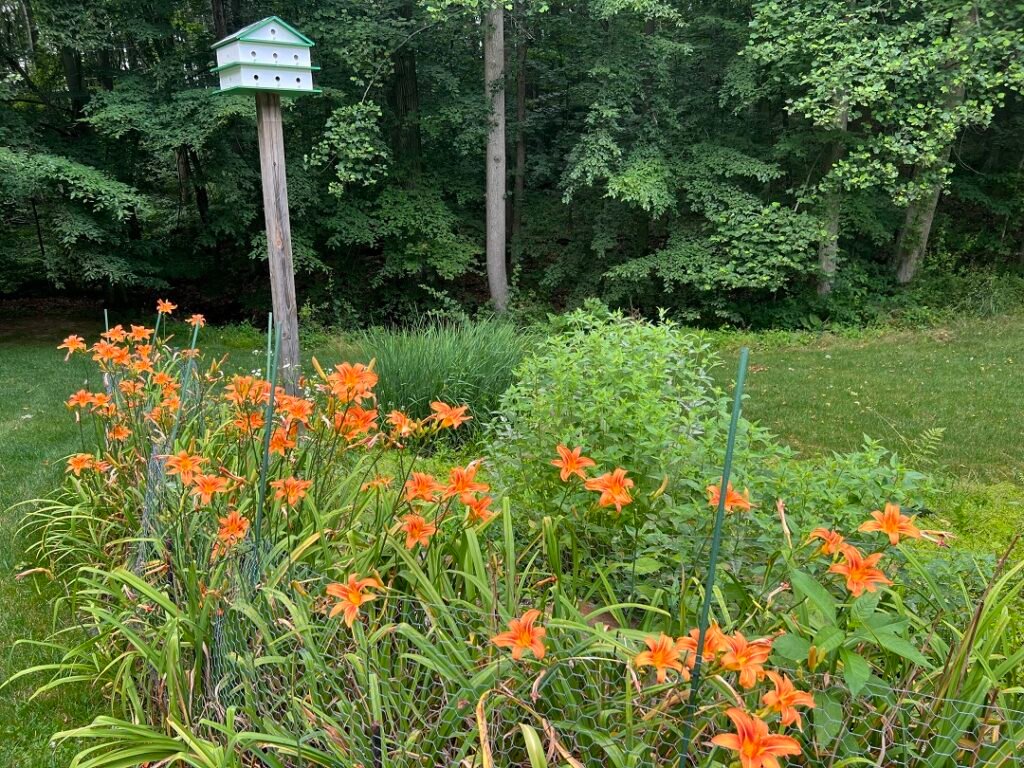In the quest for a greener planet and lush gardens, turning kitchen scraps into compost is a practice that stands out for its simplicity and impact. Home composting not only offers a way to reduce household waste but also enriches the soil, promoting healthier plant growth. This guide will walk you through the essentials of transforming your kitchen scraps into garden gold.
The Basics of Home Composting
Composting is nature’s process of recycling decomposed organic materials into a rich soil known as compost. At its core, composting requires balancing ‘greens’ (nitrogen-rich materials like vegetable scraps) with ‘browns’ (carbon-rich materials like dried leaves). This balance accelerates the decomposition process, turning scraps into valuable compost.
Benefits of Home Composting
Reduce Waste:
By composting, you can divert as much as 30% of household waste away from the landfill, significantly reducing methane emissions.
Improve Soil Health:
Compost enriches the soil, providing a full spectrum of essential nutrients for plants. It also improves soil structure, which enhances water retention and root penetration.
Save Money:
Composting reduces the need for chemical fertilizers, saving money and promoting a more natural growth environment for your plants.
What to Compost
Most kitchen scraps are compostable. Fruit and vegetable peels, coffee grounds, and eggshells make excellent additions to your compost pile. However, it’s crucial to avoid composting meat, dairy, and diseased plants, as these can attract pests and cause disease.
Setting Up Your Compost Pile
Choose a convenient spot in your yard for a compost bin or pile. Consider a balance between sun and shade, as too much heat can dry out your compost, while too little can slow down the decomposition process. There are several composting methods, including traditional piles, tumblers, and vermicomposting, each with its own set of benefits.
Maintaining Your Compost Pile
A healthy compost pile needs maintenance. Keep it moist, like a wrung-out sponge, and turn it regularly to introduce oxygen, which speeds up decomposition. If you encounter issues like bad odors or pests, adjust your green-to-brown ratio and ensure the pile is properly aerated.
Using Your Compost
Compost can be used in various ways in the garden. It’s an excellent soil amendment, mulch, and even a potting soil component. Apply it to your garden beds, mix it with potting soil for your containers, or use it as a top dressing for your lawn.
Common Composting Challenges and Solutions
Slow decomposition, bad odors, and pests are common challenges. To combat these, ensure a proper balance of greens and browns, maintain adequate moisture, and turn your pile regularly. Patience is key—composting is a slow process, but the rewards are well worth the wait.
Conclusion
Home composting is a rewarding practice that benefits the environment, your garden, and your wallet. By following the tips outlined in this guide, you can successfully transform your kitchen scraps into nutrient-rich compost. Embrace the process, and enjoy the journey from kitchen scraps to garden gold.
Disclaimer:
This blog post is for educational purposes only. Results may vary based on individual circumstances and environmental factors. Always consider local regulations and guidelines when composting at home. This condensed version captures the essence of the outlined blog post, providing readers with a comprehensive guide to starting and maintaining a home composting system.





